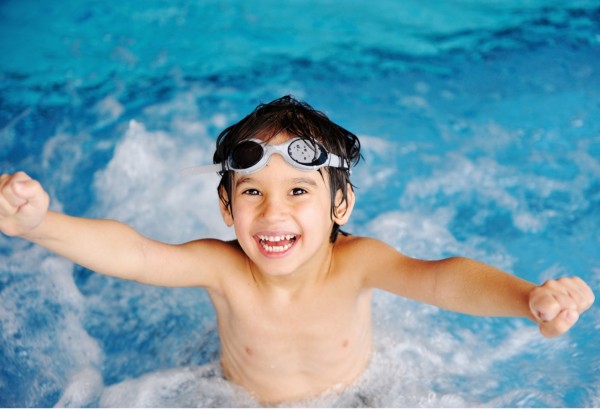Families eagerly look forward to enjoying water-related activities with their little ones as summer arrives. However, it is crucial for parents to prioritize water safety when it comes to newborns and to preschool-age children. Understanding and implementing proper safety measures can significantly reduce the risk of accidents and ensure a fun-filled and safe summer for everyone. In this article, we will highlight essential water safety tips for parents to keep in mind while enjoying water activities with their young children.
At Children’s Lighthouse, our summer curriculum is created to allow children to enjoy all the water fun of summer. Children will enjoy splash days, where they are able to cool off and enjoy sprinkler-type activities giving them a fun way to cool off. Teachers will also continue to reinforce all of the learning from the previous year in a fun and new hands-on way by enjoying the best water has to offer.
While your family enjoys the water and the ability to cool off this summer, safety for young children is vital! Here are some suggestions on how to have fun this summer in the water while making sure your young ones are safe as well:
- Constant Supervision
The golden rule of water safety for children is constant supervision. It only takes a few seconds for a child to get into a dangerous situation. Never leave your child unattended near water, whether it's a pool, beach, or bathtub. Designate a responsible adult as a "water watcher" to always keep a vigilant eye on the children.
- Learn CPR
Parents and caregivers should learn cardiopulmonary resuscitation (CPR) techniques. CPR can save lives in emergency situations, and the knowledge and skills acquired through CPR training can provide peace of mind and equip adults with the ability to respond effectively in case of an accident.
- Pool Safety
If you have a pool at home, take measures to ensure its safety. Install a four-sided fence around the pool with self-closing and self-latching gates to prevent unsupervised access. Remove any potential hazards or toys from the pool area that might attract children. Consider enrolling your child in age-appropriate swimming lessons taught by certified instructors.
- Water Buddies and Life Jackets
For infants and toddlers, always provide them with a well-fitted U.S. Coast Guard-approved life jacket when near water. Ensure the life jacket is appropriate for their age, weight, and size. Water wings, inflatable toys, or floatation devices are not substitutes for life jackets and should never be relied upon for safety. Keep your child within arm's reach while they are in or around the water.
- Be Mindful of Bath Time
Bath time can also pose risks to young children. Never leave a baby or toddler unattended in a bathtub, even for a moment. Fill the tub with only a few inches of water and maintain constant physical contact and supervision. Before starting the bath, gather all necessary bath items to avoid leaving the child unattended.
- Teach Water Safety Rules
As your child grows up, teach them basic water safety rules. Emphasize the importance of never running near the pool, never diving in shallow water, and always asking for permission before entering the water. Encourage open communication about water safety, answering any questions they may have and addressing any fears or concerns.
- Educate Caregivers and Babysitters
If your child is under the care of a babysitter or a caregiver, make sure they are aware of water safety practices and emergency procedures. Provide them with clear instructions about your child's swimming ability and any specific precautions or limitations.
- Be Prepared for Emergencies
Keep your phone nearby in case of emergencies. Ensure that you have emergency contact numbers programmed and readily available. Familiarize yourself with the nearest emergency medical services and know how to provide clear directions if necessary.
Water activities can provide great joy and create lasting memories for families during the summer. However, it is vital to prioritize water safety when it comes to newborns and to preschool-age children. By implementing constant supervision, learning CPR, ensuring pool safety, providing appropriate life jackets, being mindful of bath time, teaching water safety rules, educating caregivers, and being prepared for emergencies, parents can create a safe and enjoyable water experience for their young ones. Remember, a proactive approach to water safety is best to ensure your children can explore and have fun!


